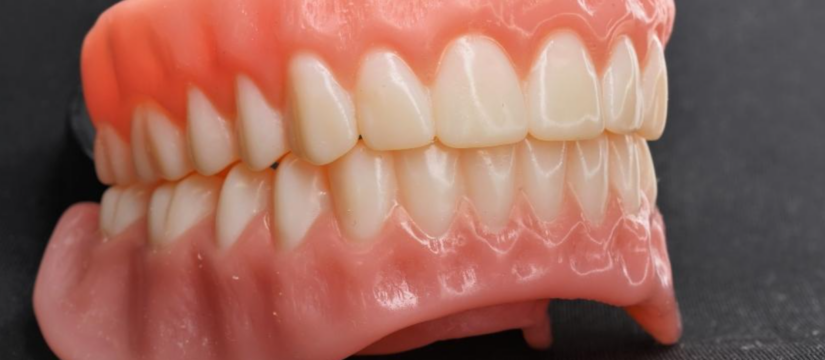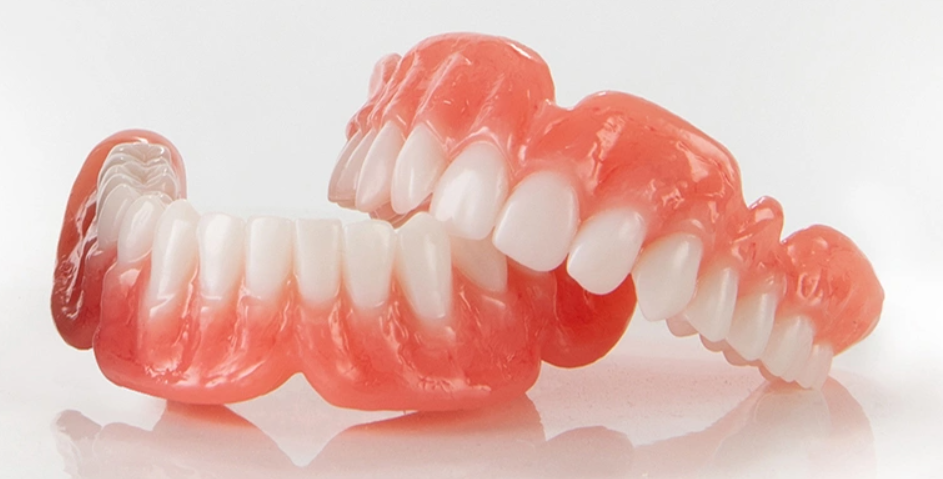
Advances in 3D Printing: The Future of Custom Denture Fabrication
In recent years, 3D printing technology has made significant strides in various industries, and dentistry is no exception. At Rockville Dental Arts, a leading dentist in Rockville MD, we’re excited to explore how this innovative technology is revolutionizing the way we approach custom denture fabrication. In this blog post, we’ll delve into the world of 3D-printed dentures, discussing their benefits, the fabrication process, and what the future holds for this groundbreaking technology.
The Rise of 3D Printing in Dentistry
3D printing, also known as additive manufacturing, has been gaining traction in the dental field for several years. This technology allows for the creation of three-dimensional objects by layering materials based on digital designs. In dentistry, 3D printing has found applications in creating dental models, surgical guides, and now, custom dentures.
Traditional denture fabrication methods have long been time-consuming and labor-intensive, often requiring multiple patient visits and manual adjustments. With the advent of 3D printing, however, the process is becoming more streamlined, efficient, and precise.
Benefits of 3D-Printed Dentures
- Improved Fit and Comfort
3D-printed dentures are created based on highly accurate digital scans of a patient’s mouth. This precision results in a better fit, reducing the likelihood of discomfort, sore spots, and the need for adjustments.
- Faster Turnaround Time
Traditional denture fabrication can take weeks. With 3D printing, the process can be significantly shortened, allowing patients to receive their custom dentures in a fraction of the time.
- Consistency and Reproducibility
Digital designs can be stored and easily reproduced, ensuring consistency in case a replacement is needed. This is particularly beneficial for patients who may need multiple sets of dentures over time.
- Customization Options
3D printing allows for greater flexibility in design, enabling dentists to create dentures that are not only functional but also aesthetically pleasing and tailored to each patient’s unique facial structure.
- Reduced Material Waste
Unlike subtractive manufacturing methods, 3D printing only uses the necessary amount of material, resulting in less waste and a more environmentally friendly process.
The 3D-Printed Denture Fabrication Process
At Rockville Dental Arts, we’re always exploring cutting-edge technologies to provide the best possible care for our patients. While we haven’t yet implemented 3D-printed dentures in our practice, we’re closely following the advancements in this field. Here’s an overview of how the process typically works:
- Digital Impressions
Instead of traditional putty impressions, dentists use intraoral scanners to create highly accurate digital impressions of the patient’s mouth.
- Computer-Aided Design (CAD)
Using specialized software, dentists design the dentures based on digital scans, taking into account factors such as bite alignment, facial structure, and aesthetics.
- 3D Printing
The digital design is sent to a 3D printer, which creates the denture base layer by layer using biocompatible resins.
- Post-Processing
After printing, the dentures undergo post-processing steps such as cleaning, curing, and polishing to ensure a smooth, comfortable finish.
- Teeth Placement
Depending on the specific 3D printing system used, artificial teeth may be either printed along with the base or inserted separately.
- Final Fitting and Adjustments
The patient tries on the 3D-printed dentures, and any necessary adjustments are made to ensure optimal fit and comfort.
Challenges and Future Developments
While 3D-printed dentures offer numerous advantages, there are still some challenges to overcome:
- Material Limitations
Current 3D-printable dental materials may not be as durable as traditional denture materials. However, ongoing research is focused on developing stronger, longer-lasting resins.
- Cost Considerations
The initial investment in 3D printing technology can be significant for dental practices. As the technology becomes more widespread, we expect costs to decrease, making it more accessible.
- Regulatory Approval
As with any new medical technology, 3D-printed dentures must meet strict regulatory standards to ensure patient safety and efficacy.
Looking ahead, we anticipate several exciting developments in the field of 3D-printed dentures:
- Multi-Material Printing
Future 3D printers may be able to simultaneously print denture bases and artificial teeth using different materials, further streamlining the process.
- Improved Aesthetics
Advancements in 3D printing technology and materials will likely lead to even more natural-looking and aesthetically pleasing dentures.
- Integration with Digital Smile Design
3D-printed dentures may be more easily integrated with digital smile design software, allowing patients to visualize and customize their new smile before fabrication.
- Remote Fabrication
As digital technologies advance, it may become possible for dental labs to fabricate 3D-printed dentures remotely, based on digital scans and designs sent by dentists.
Conclusion
The future of custom denture fabrication is undoubtedly exciting, with 3D printing technology at the forefront of innovation. At Rockville Dental Arts, we’re committed to staying informed about these advancements and exploring how they can benefit our patients.
While we haven’t yet incorporated 3D-printed dentures into our practice, we continue to offer high-quality, custom-fitted dentures using proven traditional methods. As 3D printing technology for dentures continues to evolve and improve, we look forward to potentially integrating this innovative approach into our services in the future.
If you’re interested in learning more about our current denture options or have questions about the latest advancements in dental technology, don’t hesitate to contact us at Rockville Dental Arts. We’re always happy to discuss how we can help you achieve a comfortable, confident smile.

